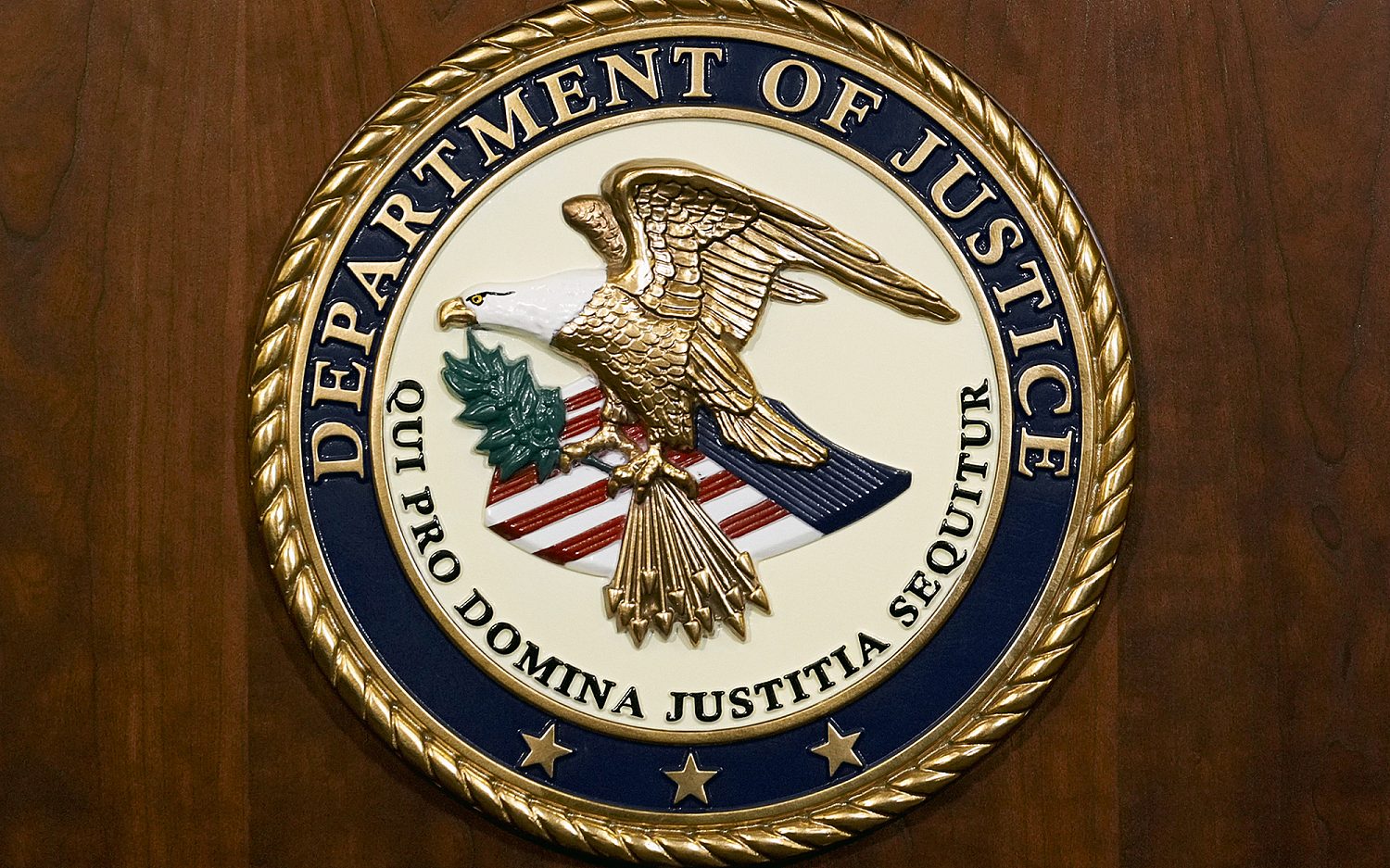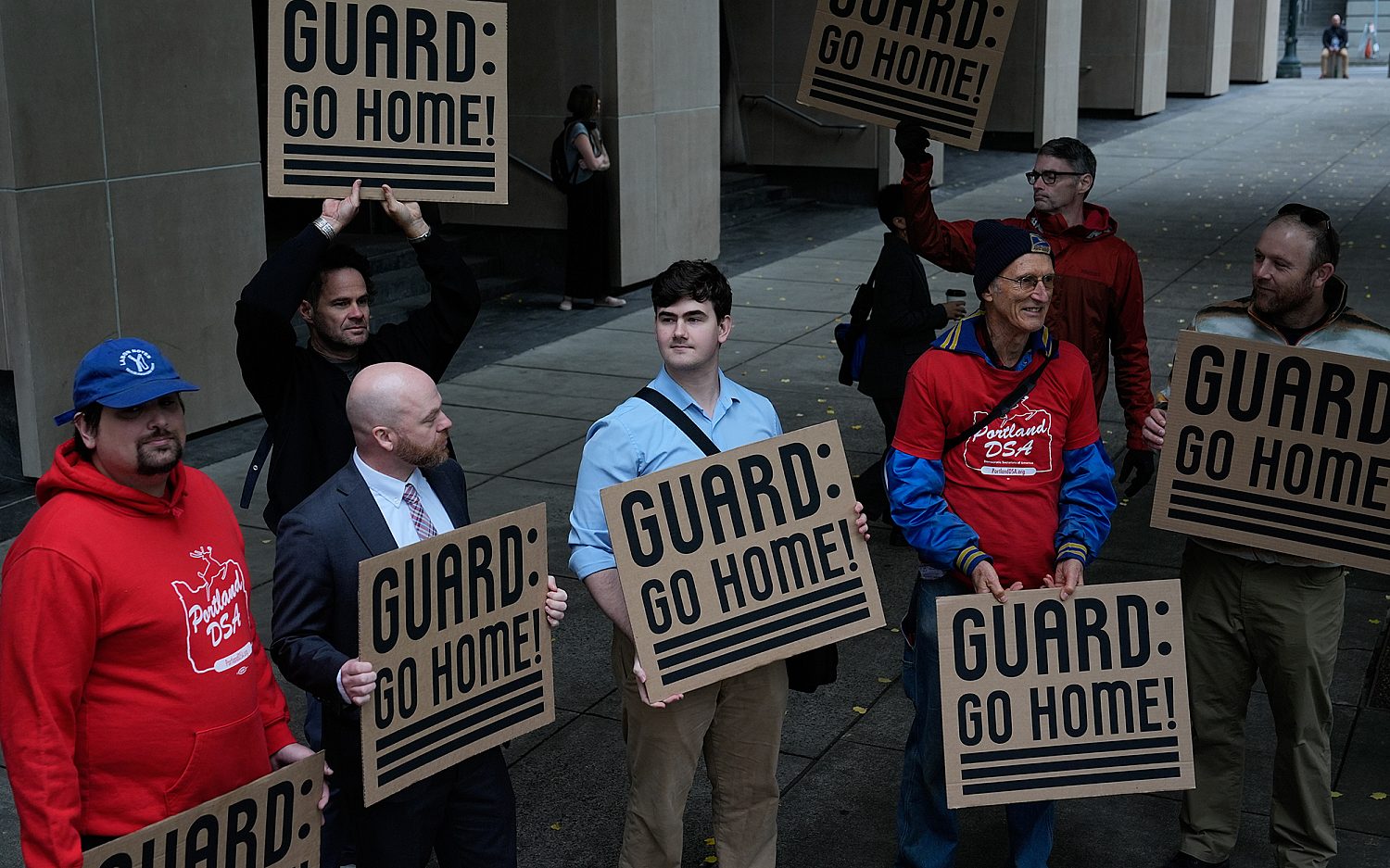Win, lose, and draw
Both Trump and Clinton notch wins and losses in the first presidential debate, but did either woo undecided voters?
Ahead of the first presidential debate Monday night between Donald Trump and Hillary Clinton, polls showed more than a third of American voters said the head-to-head faceoff would help them decide how to vote.
By the end of the hugely anticipated showdown at Hofstra University in Hempstead, N.Y., each candidate had landed blows against the other, but it was unclear if either achieved the kind of definitive strike that would shore up voters still unsure about which candidate to choose—if any.
During the first portion of the 90-minute debate, moderator Lester Holt of NBC News led the candidates through a discussion of the economy. Trump seemed most at home in these early moments of the debate, reiterating his disdain for trade deals he considers harmful for the U.S. economy while pounding a message he hopes will reach unemployed or lower-wage workers: Bring jobs back to America.
But Trump’s composure faltered as Holt asked him why he wouldn’t release his tax returns, as nearly every president for the past 40 years has done. Trump repeated his claim that he won’t make public the information because the IRS is auditing him. (The IRS has said nothing prevents individuals from sharing their own tax information.) Trump wouldn’t give a fuller answer for why he resists this step of basic transparency that could quell a major piece of ammunition in his critics’ arsenal.
Instead, he turned the discussion on Clinton: Trump said he would release his returns if Clinton released the 33,000 emails deleted from the private server she used in her home as secretary of state. It was a convicting reminder of Clinton’s many transparency issues of her own, and Clinton offered a short reply, saying she made a mistake with her email use and wouldn’t make excuses for it.
In response, Trump landed one of his most damaging blows of the evening when he told viewers Clinton’s email abuse was “more than a mistake” and that many Americans thought the fallout was “a disgrace.”
Surprisingly, it was one of the only moments Trump dwelled on one of the most controversial aspects of his opponent’s character. Indeed, at one point during a discussion about the Iraq war, Holt handed Trump what seemed like a perfect opportunity to exploit Clinton’s weaknesses: “Why is your judgment any different than Mrs. Clinton’s?”
Trump’s answer: “I have better judgment, I also have a much better temperament than she does, you know?”
At that moment, Trump didn’t strike at the heart of Clinton’s glaring problems with judgment: her private email server that may have compromised national security, the questionable dealings between the Clinton Foundation and the State Department, or her handling of the 2012 attack on the U.S. Consulate in Benghazi.
It wasn’t that Trump wasn’t being aggressive. He often interrupted Clinton and the moderator, though he insisted his strongest asset was his temperament. He just seemed to miss key opportunities to point out some of Clinton’s greatest weaknesses in an area voters have said concerns them—her trustworthiness.
Trump’s own trustworthiness took a hit when Holt pressed him on why he demurred on President Barack Obama’s U.S. citizenship after the president released his birth certificate in 2011. (Trump recently said he believes Obama was born in the United States.) Trump first blamed operatives in Clinton’s campaign for starting the rumor in 2008, and then said he did a good job of getting Obama to release the document.
But Clinton used the moment to scorn Trump for what she characterized as racist behavior toward the nation’s first black president. Trump denied the accusation, but it did lead to a wider discussion about race relations in light of recent police shootings of African-American citizens in several American cities.
Trump called for a return to “law and order,” and said he thinks stop-and-frisk policies help police deter crime in high-crime areas. Clinton disagreed on the policy, but called for more training of police officers. She also called the “gun epidemic” the leading killer of young black men.
Here was another area where Trump didn’t strike: He didn’t point out that it isn’t a gun epidemic claiming the lives of young black men. Instead, it’s a murder epidemic and guns are the means. Discussions of policing methods are crucial, but neither candidate talked about more of the underlying issues facing many African-American communities.
Other topics during the 90-minute exchange included foreign policy, alleged Russian hackers, and whether Clinton has the stamina to be president. Clinton said she does have the stamina, and on this point, Trump seemed to concede. “She has experience,” he said. “But she has bad experience.” Trump left viewers chewing on the question of why so many problems remain if Clinton has enjoyed such a high level of power for so many years.
He also left Americans with a promise. After pointing out he just opened a hotel near the White House on Pennsylvania Avenue, he said he’d end up on the famous Washington street, even if it’s not as president: “If I don’t get there one way, I’m going to get to Pennsylvania Avenue another way.”
An actual newsletter worth subscribing to instead of just a collection of links. —Adam
Sign up to receive The Sift email newsletter each weekday morning for the latest headlines from WORLD’s breaking news team.





Please wait while we load the latest comments...
Comments
Please register, subscribe, or log in to comment on this article.